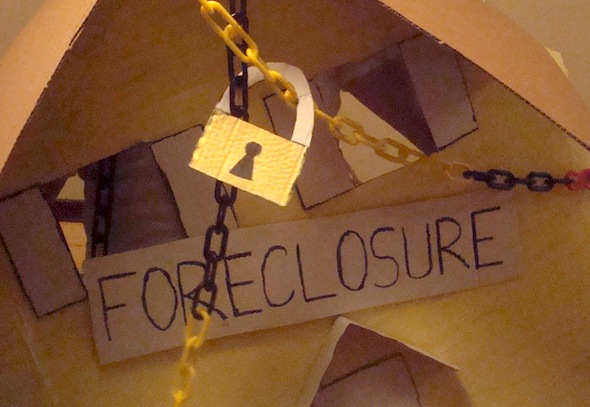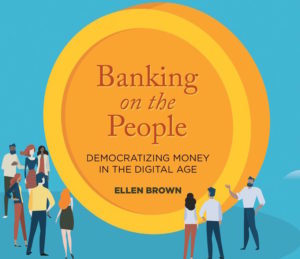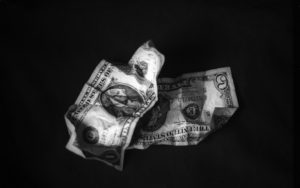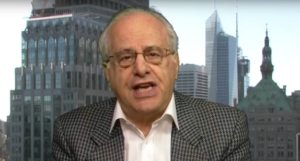Big Banks Hit With Monster $250 Billion Lawsuit in Housing Crisis
In June, investors led by the world’s largest asset manager and the world’s largest bond-fund manager sued some of the world’s largest banks for breach of fiduciary duty as trustees of their investment funds. The investors are seeking damages for the equivalent of 1 million homeowners with $250,000 in damages suing at one time. 1
2
1
2
The Better Mousetrap
North Dakota has established an effective alternative model that other states might do well to emulate. In 1919, the state legislature pulled its funds out of Wall Street banks and put them into the state’s own publicly-owned bank, establishing financial sovereignty for the state. The Bank of North Dakota has not only protected the state’s financial interests but has been a moneymaker for it ever since.
On a national level, when the Wall Street credit system fails, the government can turn to the innovative model devised by our colonial forebears and start issuing its own currency and credit—a power now usurped by private banks but written into the US Constitution as belonging to Congress.
The chief problem with the paper scrip of the colonial governments was the tendency to print and spend too much. The Pennsylvania colonists corrected that systemic flaw by establishing a publicly-owned bank, which lent money to farmers and tradespeople at interest. To get the funds into circulation to cover the interest, some extra scrip was printed and spent on government services. The money supply thus expanded and contracted naturally, not at the whim of government officials but in response to seasonal demands for credit. The interest returned to public coffers, to be spent on the common weal.
The result was a system of money and credit that was sustainable without taxes, price inflation or government debt – not to mention without credit default swaps, interest rate swaps, central bank manipulation, slicing and dicing of mortgages, rehypothecation in the repo market, and the assorted other fraudulent schemes underpinning our “systemically risky” banking system today.
Relief for Homeowners?
Will the BlackRock/PIMCO suit help homeowners? Not directly. But it will get some big guns on the scene, with the ability to do all sorts of discovery, and the staff to deal with the results.
Fraud is grounds for rescission, restitution and punitive damages. The homeowners may not have been parties to the pooling and servicing agreements governing the investor trusts, but if the whole business model is proven to be fraudulent, they could still make a case for damages.
In the end, however, it may be the titans themselves who take each other down, clearing the way for a new phoenix to rise from the ashes.
Ellen Brown is an attorney, founder of the Public Banking Institute, and author of twelve books including the best-selling Web of Debt. In The Public Bank Solution, her latest book, she explores successful public banking models historically and globally. Her websites are http://EllenBrown.com, http://PublicBankSolution.com, and http://PublicBankingInstitute.org.
Your support matters…
SUPPORT TRUTHDIG
Independent journalism is under threat and overshadowed by heavily funded mainstream media.
You can help level the playing field. Become a member.
Your tax-deductible contribution keeps us digging beneath the headlines to give you thought-provoking, investigative reporting and analysis that unearths what's really happening- without compromise.
Give today to support our courageous, independent journalists.





You need to be a supporter to comment.
There are currently no responses to this article.
Be the first to respond.